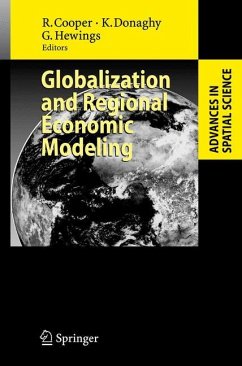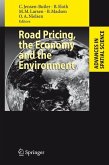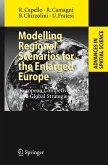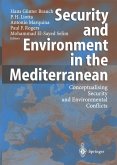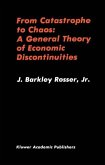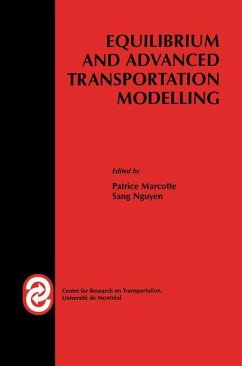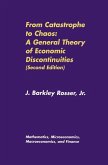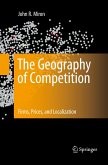Globalization is affecting regional economies in a broad spectrum of aspects, from labor market conditions and development policies to climate change. To understand better how this works, we need both conceptual and methodological contributions. We need new schemes to organize our thinking, direct our attention, and frame thought experiments on the basis of which guidance may be offered. And we need methodological innovations that enable us to carry out studies and thought experiments at levels of spatial and temporal resolution and formal complexity adequate to capture and account for the phenomena that characterize globalization. The chapters of this volume, written by an international cast of eminent regional scientists, represent contributions of both types, in many cases introducing and demonstrating the use of new tools for analyzing and understanding enormous changes underway in regional economies around the world.
From the reviews:
"This is a volume in the distinguished series, Advances in Spatial Sciences, which brings together innovative spatial research utilizing concepts, perspectives, theories, and methods with a relevance to both basic science and policymaking. The goal is to present advances in spatial science to an informed readership in universities, research organizations, and policymaking institutions throughout the world. The papers in this collection ... devoted to how economic modeling is dealing with the challenges of globalization." (Abstracts of Public Administration, Development and Environment, 2009)
"Cooper, Donaghy, and Hewings show us a thoroughly modern modelscape. ... The technical level varies greatly, from straightforward and nonmathematical suggestions for making regional analysis better reflect globalization--suggestions that actually are useful for model business models ... . The effort will be useful to macroeconomics specialists. ... In thisbook I found some ideas that are immediately useful ... ." (Roger Bolton, Journal of Regional Science, Vol. 50 (4), 2010)
"This is a volume in the distinguished series, Advances in Spatial Sciences, which brings together innovative spatial research utilizing concepts, perspectives, theories, and methods with a relevance to both basic science and policymaking. The goal is to present advances in spatial science to an informed readership in universities, research organizations, and policymaking institutions throughout the world. The papers in this collection ... devoted to how economic modeling is dealing with the challenges of globalization." (Abstracts of Public Administration, Development and Environment, 2009)
"Cooper, Donaghy, and Hewings show us a thoroughly modern modelscape. ... The technical level varies greatly, from straightforward and nonmathematical suggestions for making regional analysis better reflect globalization--suggestions that actually are useful for model business models ... . The effort will be useful to macroeconomics specialists. ... In thisbook I found some ideas that are immediately useful ... ." (Roger Bolton, Journal of Regional Science, Vol. 50 (4), 2010)

